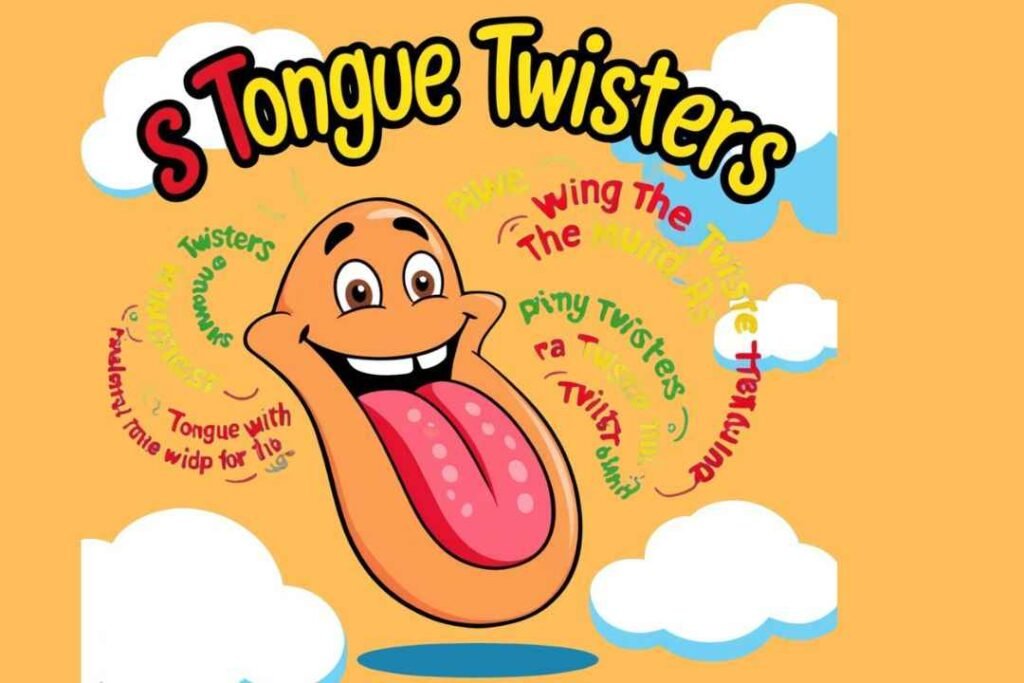how-tos or how-to’s? Discover the Correct Plural Form Now!
When it comes to the term “how-tos,” many people wonder about the correct way to pluralize it. According to the basic rules of English grammar, “how-tos” is the correct plural form of “how to.” This is because the word “how-to” doesn’t follow the same rules as other words that might use apostrophes for possession or […]
how-tos or how-to’s? Discover the Correct Plural Form Now! Read More »










